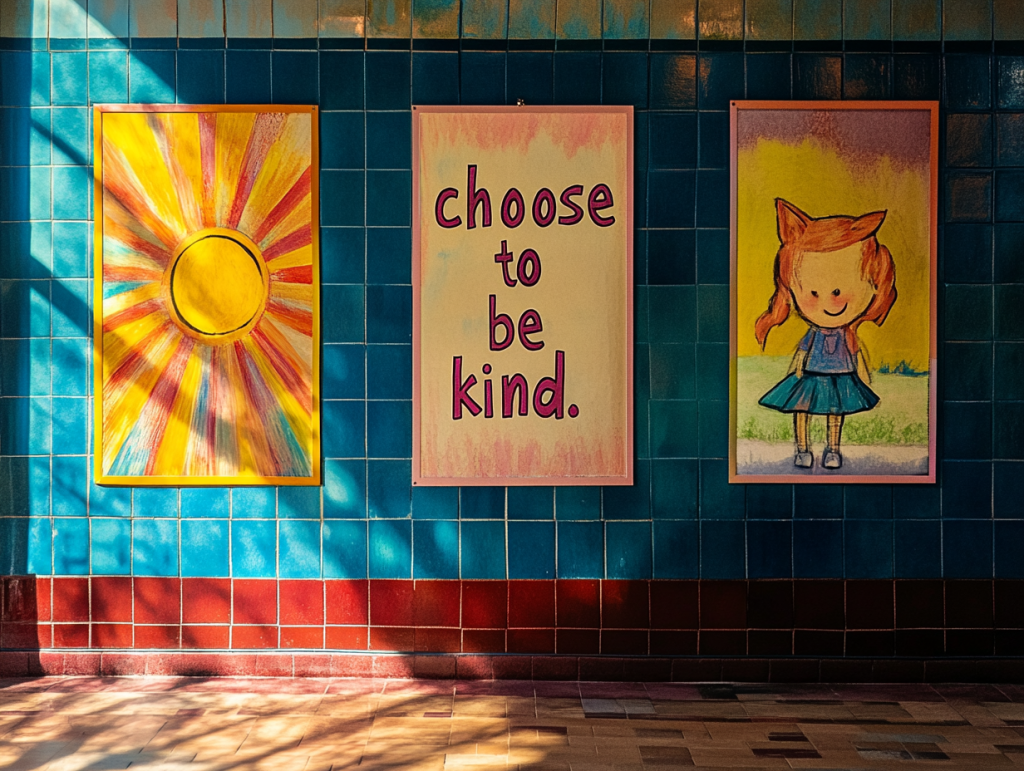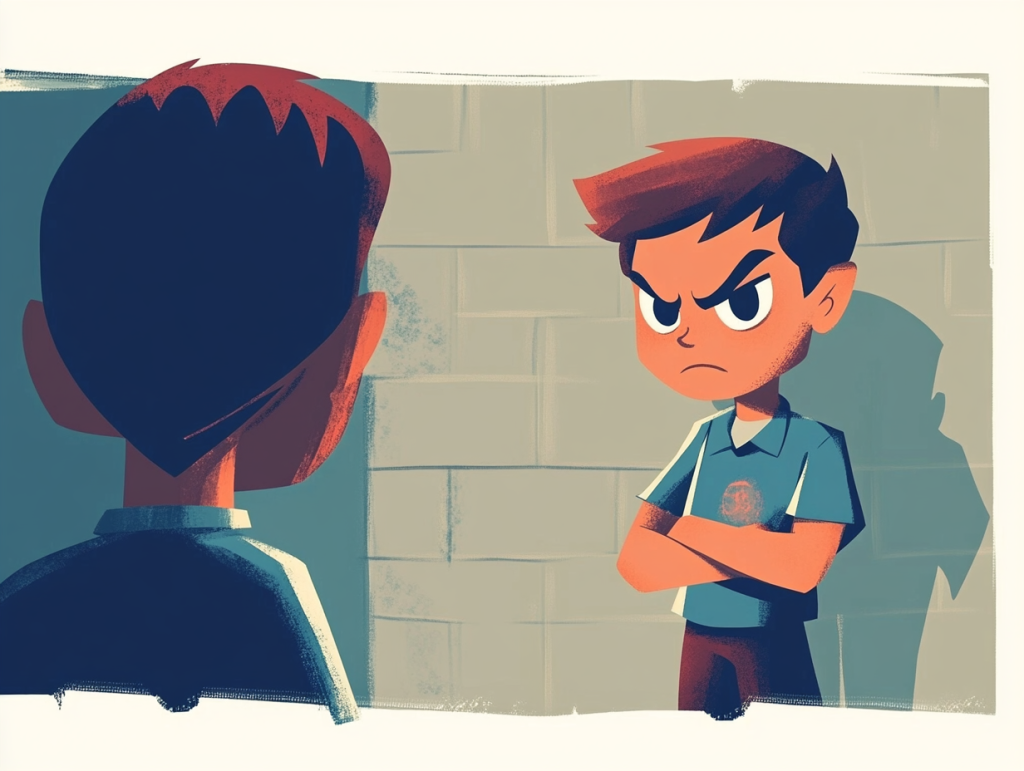Standing Up to Bullying: Voices from Progress
Standing Up to Bullying: Voices from Progress
For Anti-Bullying Week 2024, the young people at Progress opened their hearts and shared their thoughts on the many faces of bullying and the possibility of change. Their voices are raw, real, and deeply moving, painting a picture of both the harm caused by bullying and the hope for a kinder world.
Bullying is not just a playground issue—it seeps into homes, schools, workplaces, and even digital spaces, leaving profound emotional scars. The young ones at Progress Fostering Service during a task, clearly articulated its many forms, helping to shed light on behaviours that often go unnoticed or unaddressed.
“Physical bullying is when a person hits people and hides things from them,” one young person explained, while another noted, “Physical bullying means to hurt with hand, feet or things which can hurt your body.”
Beyond the physical, verbal and psychological forms of bullying can be just as damaging, as seen in these descriptions:
“Verbal bullying is when a person talks about people and says mean things about them,” and “Psychological bullying is calling people names.”
The young voices also recognised the less discussed but equally harmful forms of bullying.
“Sexual bullying is when a person inappropriately touches someone,” one wrote, while another described cyberbullying as “when a person bullies online and says mean things/messages.”
These definitions reveal an acute understanding of the diverse ways bullying manifests, showing that these young people are not only witnesses to bullying but also powerful commentators on its impact.
The Ripple Effect of Bullying
Bullying is often thought of as isolated incidents, but its effects ripple far beyond the immediate interaction. Physical bullying leaves visible marks, but verbal and psychological bullying can erode confidence and self-esteem, leaving invisible scars. Cyberbullying, which has grown with the rise of social media, adds a layer of relentlessness, as the bullying follows its victims into the safety of their homes.
Research has shown that children who experience bullying are more likely to develop mental health challenges, such as anxiety and depression. Yet, hearing these young voices clearly describe the problem brings a sense of urgency to addressing it. As one young person puts it:
“People don’t have to bully people. They can choose to be kind.”

Hope for Change
Amid the hurt and struggle, these young voices also offer hope. A recurring sentiment in their messages is the belief that people can change.
“People who bully others can change their behaviour. Yes, because some bullies can become friends,” one young person optimistically shared. Another added, “Being mean can be changed.”
This optimism is both refreshing and challenging. It reminds us that the fight against bullying doesn’t end with punitive measures. True change comes from fostering empathy, encouraging reflection, and creating environments where kindness is celebrated, and cruelty is not tolerated.
Why Bullying Must Be Tackled Holistically
Creating a safe and inclusive environment requires more than just awareness—it calls for action from parents, teachers, carers, and communities. Anti-Bullying Week was a valuable opportunity to hold these conversations, but change must extend beyond a single week. Schools and organisations like Progress play a vital role in establishing systems of support, offering education, and promoting restorative justice for all parties involved.
The young persons at Progress reflect this multi-dimensional approach. Their notes don’t just call out the problem—they offer solutions rooted in kindness, understanding, and rehabilitation.
“I agree because people don’t have to bully people. They can choose to be kind,” one wrote, capturing the essence of the anti-bullying movement.
A Call for Kindness
Ultimately, the Anti-Bullying Week served as a reminder of the power of compassion. Every smile, every kind word, and every moment of standing up for someone can have a ripple effect that changes lives. One of the most poignant reflections from the young people is a testament to this belief:
“A bully’s behaviour doesn’t define them forever; they can change.”
Creating a Better Tomorrow
The voices from Progress are a rallying cry to all of us. They challenge us to reflect not only on how we respond to bullying but also on how we contribute to creating a world where it has no place. From standing up to bullies to fostering empathy and inclusion, everyone has a role to play.
Bullying is not inevitable. It is a behaviour, not a destiny, and these young people have shown us a way forward. Now, it is up to us to listen, to act, and to ensure their hope for a kinder, safer world becomes a reality.




